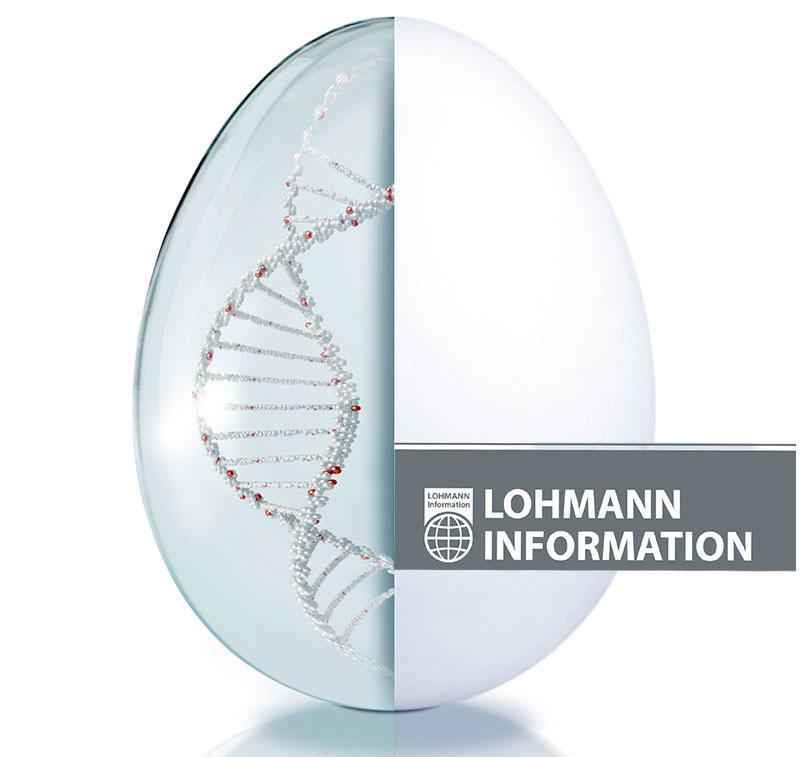This website uses cookies to improve your experience. We'll assume you're ok with this, but you can opt-out if you wish. Read More

Dear Colleagues and Friends, Lohmann Information follows a long tradition to provide up-todate knowledge on advances in farm animal research…

Abstract The global production of duck meat was roughly 4.3 million tons in 2012. It represents a valuable source for…

Abstract Freshness of eggs is a major concern of the consumers. The main criteria of freshness are Haugh Units, weight…

Abstract Genetically improved persistency of commercial laying hens enables egg producers to keep flocks longer in production, provided egg shell…

Abstract Induced molting is a management tool to extend the productive life of laying hens. National statistics on molting from…

Abstract With the development of the modern poultry industry, several poultry diseases spread due to vertical transmission and caused high…
Et découvrez toutes les dernières nouvelles du secteur.